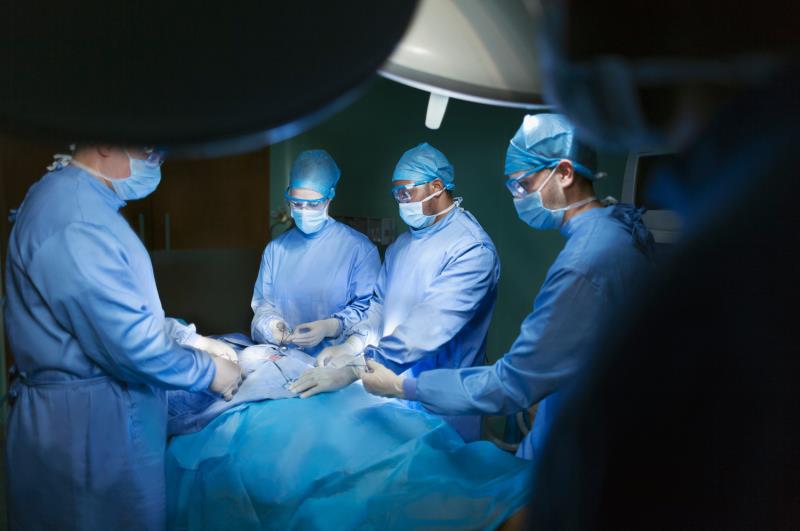
Urgent and emergency surgery should not be discontinued even amid the coronavirus disease 2019 (COVID-19) pandemic, while elective surgery may carefully resume once a decrease in COVID-19 caseload is established, suggests a recent study.
“Combining evidence and expert opinion, schemas, and recommendations have been proposed to guide this process in Australia and New Zealand,” the investigators said.
A rapid review was carried out to search for all levels of evidence on triaging surgery during the current COVID-19 outbreak. The investigators searched PubMed from inception to 10 April 2020 and supplemented these with grey literature using the Google search engine. In addition, they sourced relevant articles through the RACS COVID-19 Working Group and included recent government advice as of May 2020.
This rapid review was a summary of advice from Australian, New Zealand, and international specialty groups with regard to triaging of surgical cases, as well as the peer-reviewed literature. Across all jurisdictions, the key theme was to not compromise clinical judgment and to enable individualized, ethical, and patient-centred care.
Topics that were reported were as follows: implications of COVID-19 on surgical triage, competing demands on healthcare resources (surgery vs COVID-19 cases), and the low incidence of COVID-19 resulting in a possibility to increase surgical caseloads over time.
“The novel coronavirus, SARS‐CoV‐2, caused the COVID‐19 global pandemic. In response, the Australian and New Zealand governments activated their respective emergency plans and hospital frameworks to deal with the potential increased demand on scarce resources,” the investigators said.
“Surgical triage formed an important part of this response to protect the healthcare system’s capacity to respond to COVID‐19,” they added.